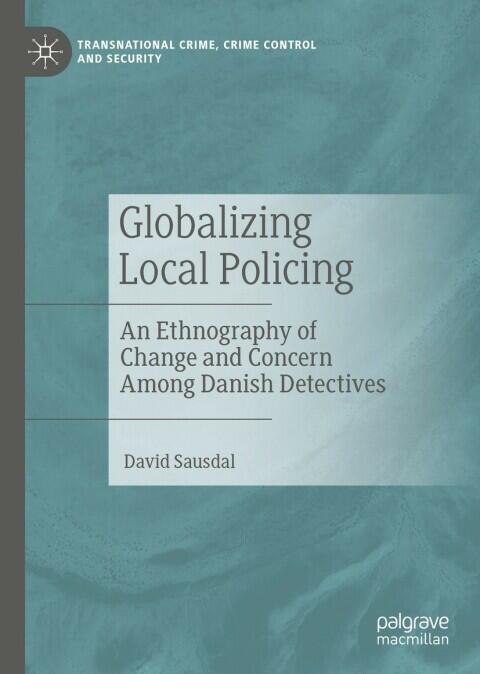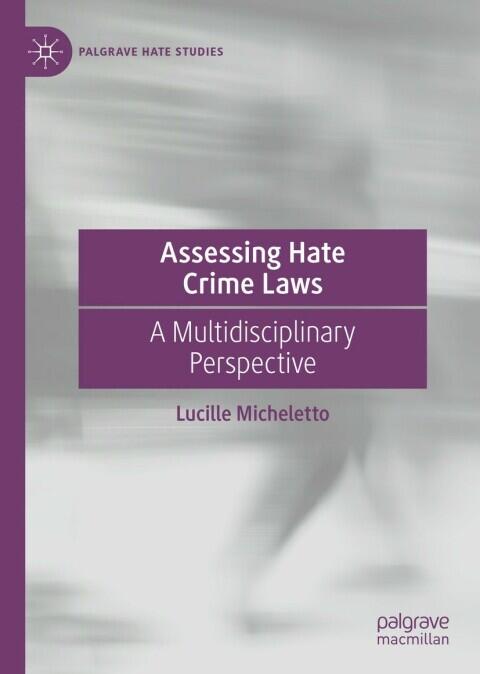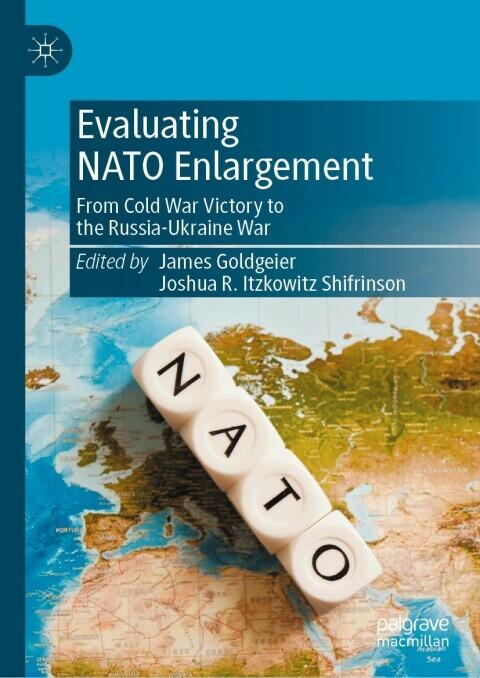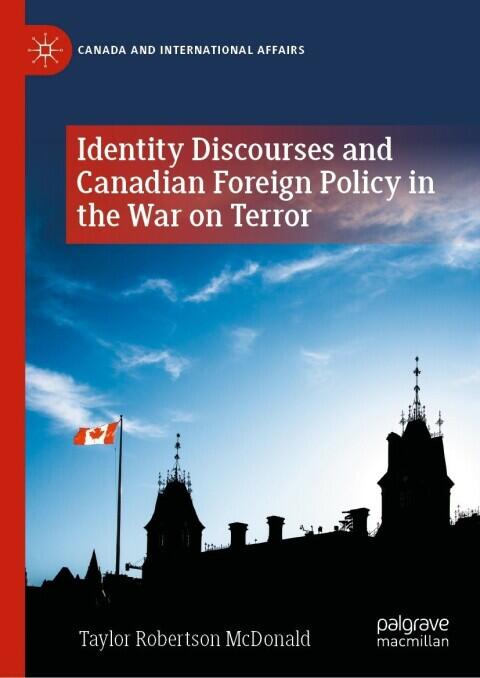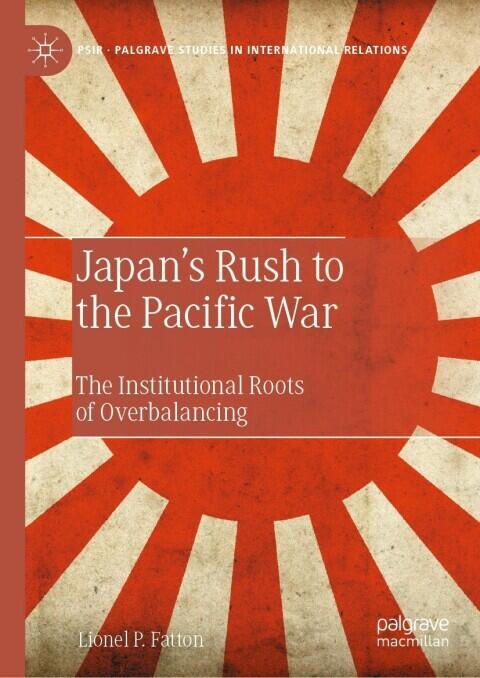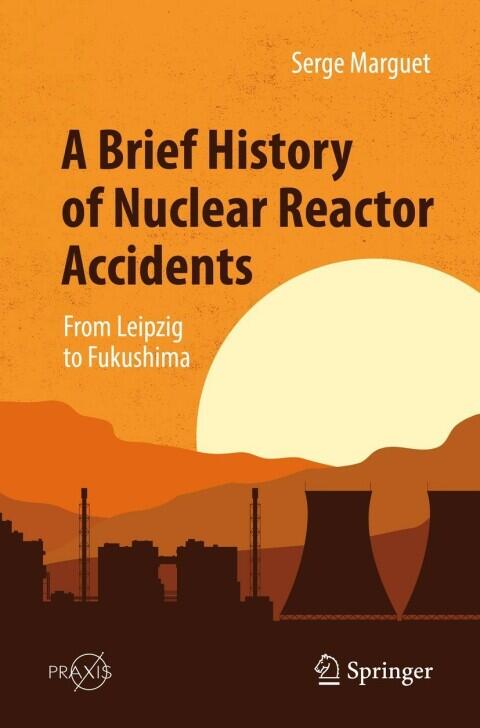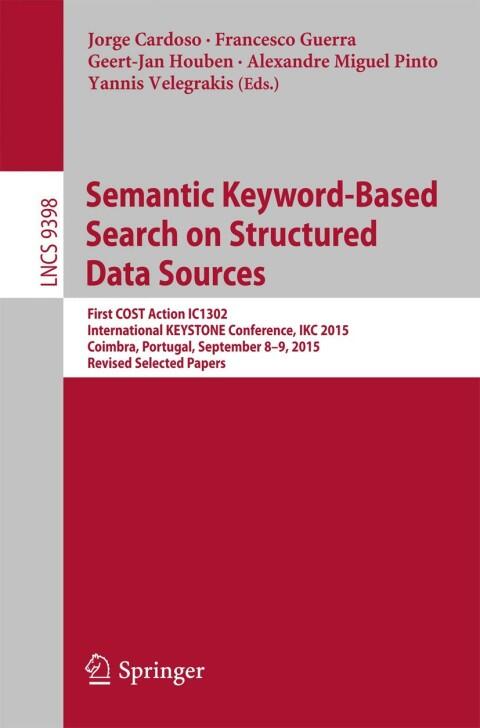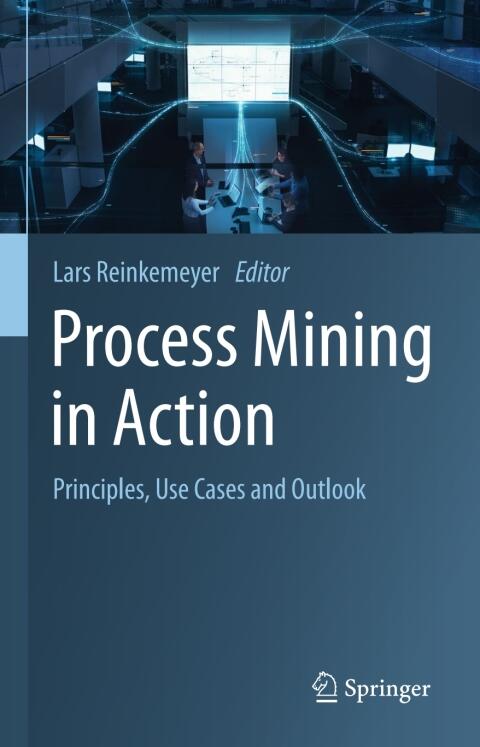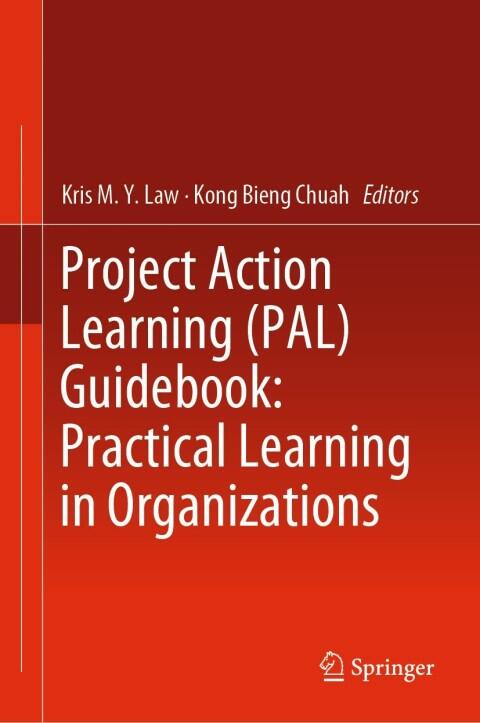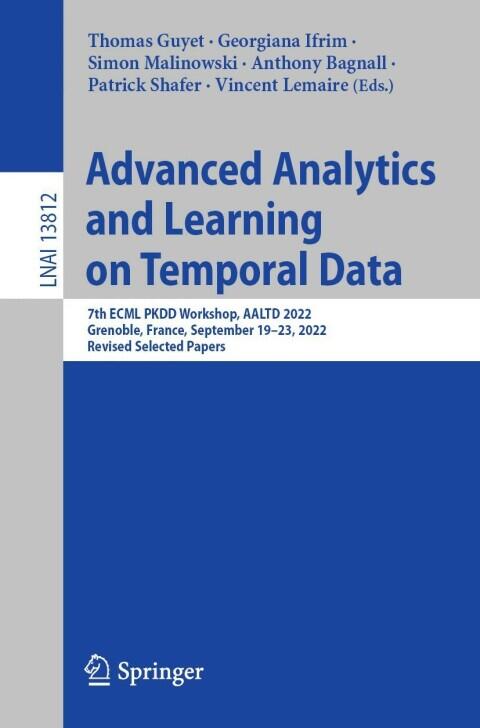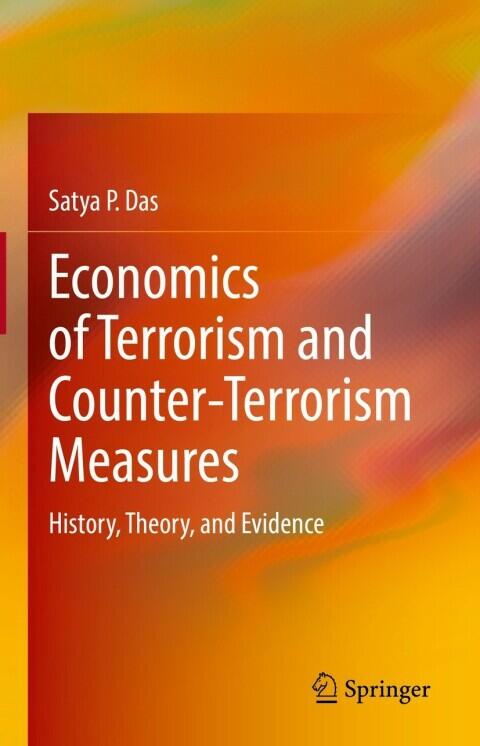
Economics of Terrorism and Counter-Terrorism Measures: History, Theory, and Evidence
작성자
Satya P. Das
아직 평점이 없습니다
Science & Technology
Horror
Business & Economics
형식
킨들
페이지
1,185
언어
독일어
출판됨
Jan 1, 2022
출판사
Springer
판
2
ISBN-10
3030965775
ISBN-13
9783030965778
설명
The book offers an insightful examination of terrorism through the lens of economic theory, unraveling the complexities of this pressing global issue. It combines historical context with contemporary evidence to provide a comprehensive understanding of how economic factors influence both the motivations behind terrorist acts and the effectiveness of counter-terrorism measures. The author meticulously analyzes the financial underpinnings of terrorist organizations, illustrating how funding sources impact their operations and strategies.
In a world where terrorism continues to pose significant challenges, this work delves into the strategies employed by governments and agencies to counteract these threats. It highlights various counter-terrorism measures with an economic perspective, evaluating their costs, benefits, and overall effectiveness. By emphasizing the interplay between economics and security, the book sheds light on often-overlooked aspects that shape the fight against terrorism.
Engagingly written, the textbook caters to both students and practitioners in economics, political science, and security studies. It provides a balanced approach, encouraging readers to think critically about the implications of economic policies on national and global security. Through this analytical framework, the book aims to foster a deeper understanding of the multifaceted nature of terrorism and the sophisticated responses required to address it.
In a world where terrorism continues to pose significant challenges, this work delves into the strategies employed by governments and agencies to counteract these threats. It highlights various counter-terrorism measures with an economic perspective, evaluating their costs, benefits, and overall effectiveness. By emphasizing the interplay between economics and security, the book sheds light on often-overlooked aspects that shape the fight against terrorism.
Engagingly written, the textbook caters to both students and practitioners in economics, political science, and security studies. It provides a balanced approach, encouraging readers to think critically about the implications of economic policies on national and global security. Through this analytical framework, the book aims to foster a deeper understanding of the multifaceted nature of terrorism and the sophisticated responses required to address it.
